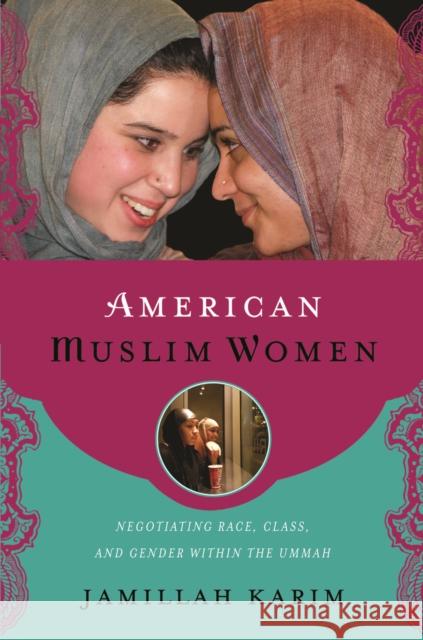American Muslim Women: Negotiating Race, Class, and Gender Within the Ummah » książka
American Muslim Women: Negotiating Race, Class, and Gender Within the Ummah
ISBN-13: 9780814748107 / Angielski / Miękka / 2008 / 304 str.
American Muslim Women: Negotiating Race, Class, and Gender Within the Ummah
ISBN-13: 9780814748107 / Angielski / Miękka / 2008 / 304 str.
(netto: 138,46 VAT: 5%)
Najniższa cena z 30 dni: 129,37
ok. 22 dni roboczych.
Darmowa dostawa!
African American Muslims and South Asian Muslim immigrants are two of the largest ethnic Muslim groups in the U.S. Yet there are few sites in which African Americans and South Asian immigrants come together, and South Asians are often held up as a -model minority- against African Americans. However, the American ummah, or American Muslim community, stands as a unique site for interethnic solidarity in a time of increased tensions between native-born Americans and immigrants.This ethnographic study of African American and South Asian immigrant Muslims in Chicago and Atlanta explores how Islamic ideals of racial harmony and equality create hopeful possibilities in an American society that remains challenged by race and class inequalities. The volume focuses on women who, due to gender inequalities, are sometimes more likely to move outside of their ethnic Muslim spaces and interact with other Muslim ethnic groups in search of gender justice.American Muslim Women explores the relationships and sometimes alliances between African Americans and South Asian immigrants, drawing on interviews with a diverse group of women from these two communities. Karim investigates what it means to negotiate religious sisterhood against America's race and class hierarchies, and how those in the American Muslim community both construct and cross ethnic boundaries.American Muslim Women reveals the ways in which multiple forms of identity frame the American Muslim experience, in some moments reinforcing ethnic boundaries, and at other times, resisting them.











